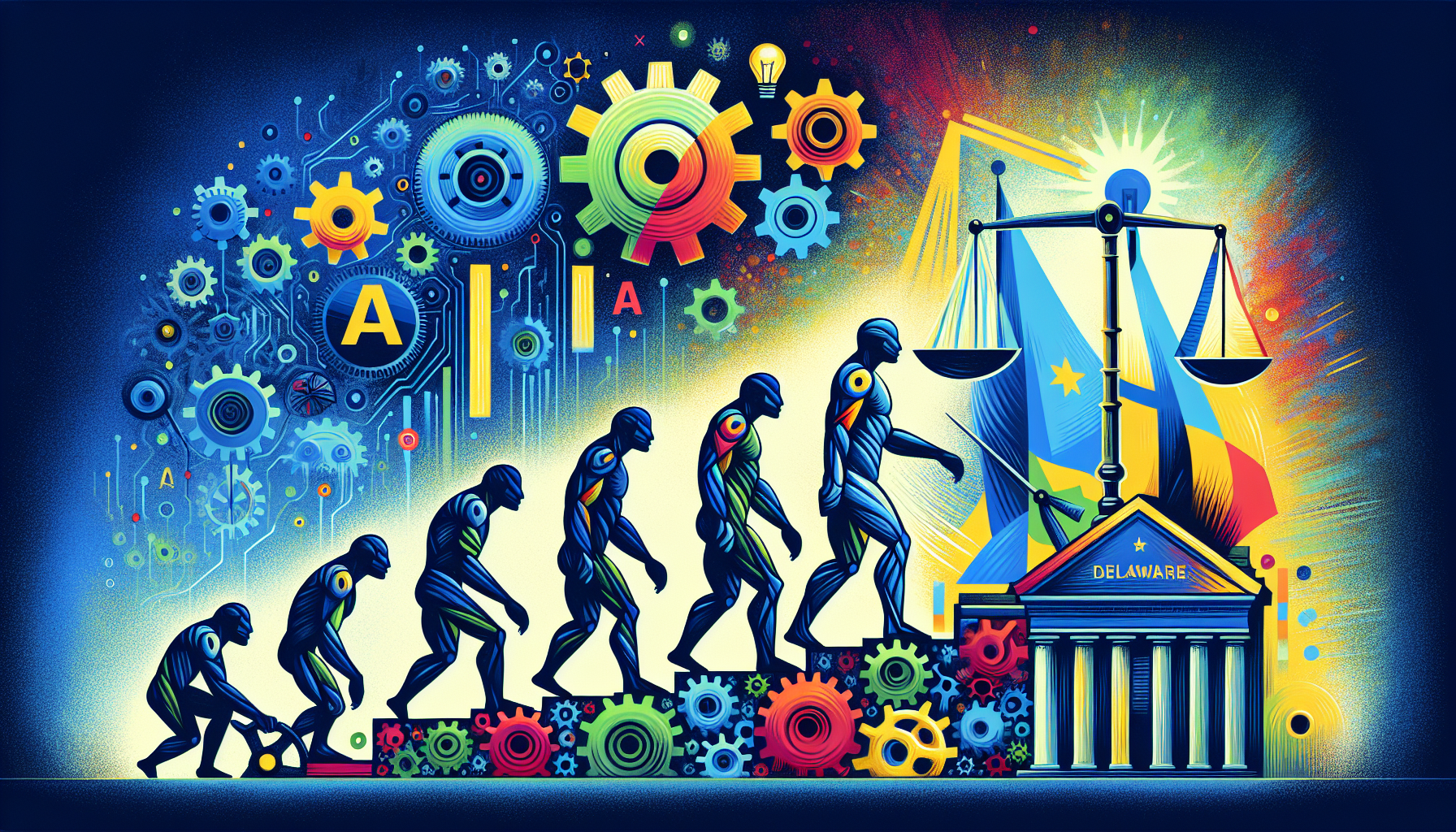OpenAI's Strategic Move: Considering a Delaware Public Benefit Corporation for Its Future
In the ever-evolving world of technology and artificial intelligence, OpenAI stands as a significant player, constantly making headlines with groundbreaking innovations. Recently, they have been contemplating a major corporate restructuring, sparking conversations throughout the tech community. The proposed shift involves transitioning its for-profit arm into a Delaware Public Benefit Corporation (PBC), and here's why it matters.
Navigating Criticism and Legal Challenges
OpenAI's journey has been marked by both tremendous achievements and substantial scrutiny. In 2019, the organization opted to establish a for-profit unit, a decision that has not been without its controversies. Facing a wave of criticism and legal challenges, including a notable lawsuit by Elon Musk, a co-founder, OpenAI is now reassessing its path forward.
The lawsuits underscore tensions over OpenAI's legal structure and operational decisions. Musk claims that OpenAI's leaders, including CEO Sam Altman, diverged from the nonprofit's original philanthropic mission, allegedly breaching foundational agreements.
The Delaware Public Benefit Corporation Model
A Delaware PBC could provide OpenAI with a balanced approach, where they can align shareholder interests with the greater public good. By legally binding their operations to generate public benefits, OpenAI aims to better meet societal needs while still pursuing economic sustainability.
Empowering Nonprofit Aspirations
Shifting to a PBC format isn’t just a matter of legal structuring—it's a strategic move to enhance OpenAI's capacity for good. The change would enable their nonprofit sector to bolster initiatives in vital areas such as healthcare, education, and science, fostering an environment that encourages pioneering AI research for societal benefit.
Meeting Capital Needs with Ethical Considerations
As AI development requires immense computational resources, a for-profit arm previously provided OpenAI the financial muscle to thrive. By transitioning, OpenAI hopes to attract investments under conventional yet ethically-aligned terms, tapping into resources while abiding by a mission-oriented framework.
Looking Ahead: AI and Blockchain Synergies
With AI models like ChatGPT gaining prominence, the future looks bright for decentralized applications. Experts predict that by 2025, AI agents will play integral roles in blockchain networks, increasing collaboration opportunities within decentralized communities. This transformation hints at a promising horizon where AI and blockchain collectively redefine technological paradigms.
Conclusion
OpenAI stands at a crossroad, balancing its ambitious visionary pursuits with a responsibility towards ethical stewardship. Embracing the Delaware PBC structure could signify a pivotal step towards evolving into an enterprise that harmoniously blends innovation with societal benefit, setting a precedent for others in the tech industry.
As OpenAI navigates these changes, industry stakeholders and observers alike will be watching closely, awaiting the outcomes this significant transition could herald for AI development, ethical business models, and the broader technology landscape.

